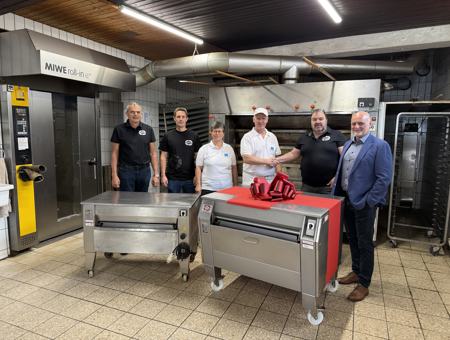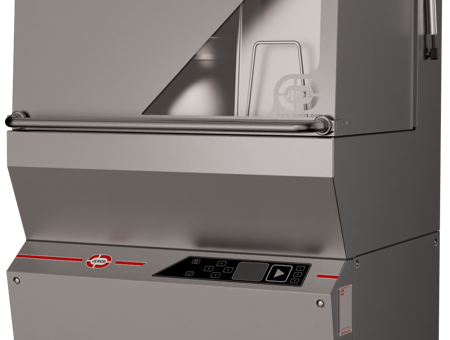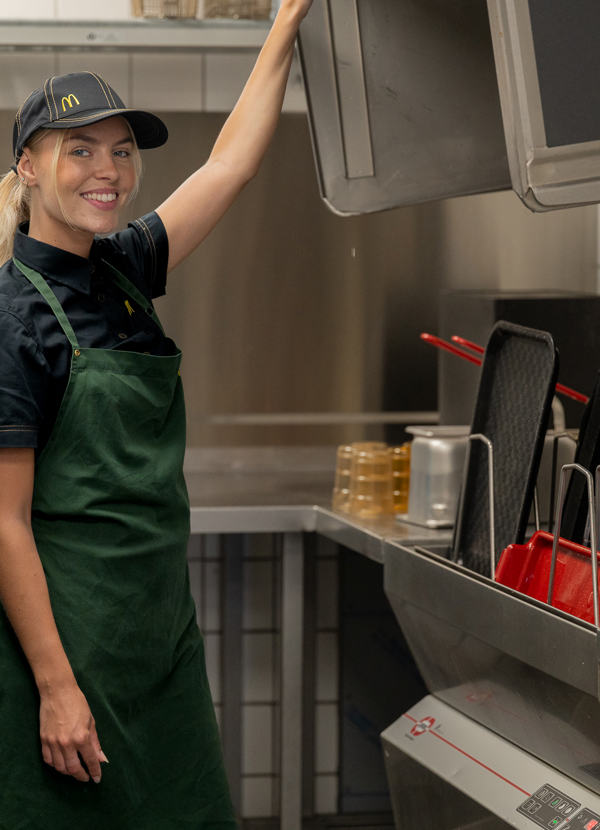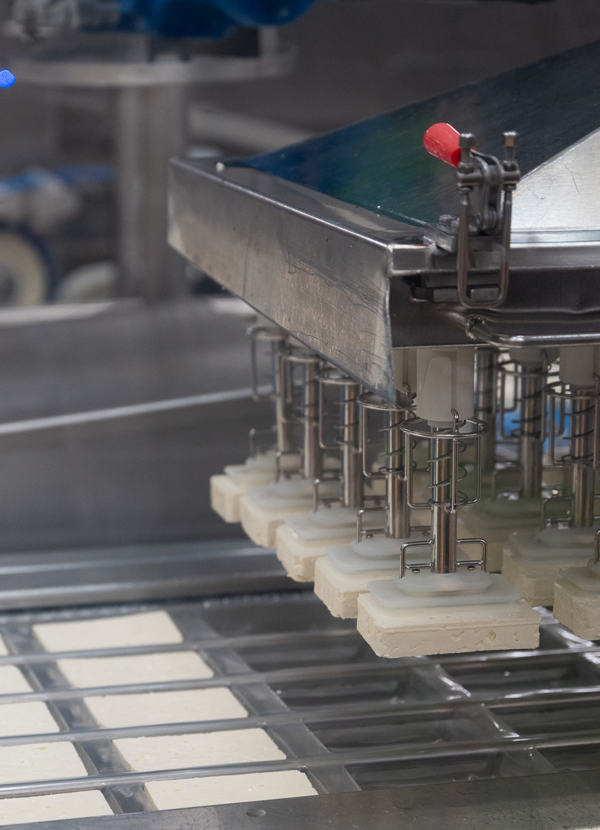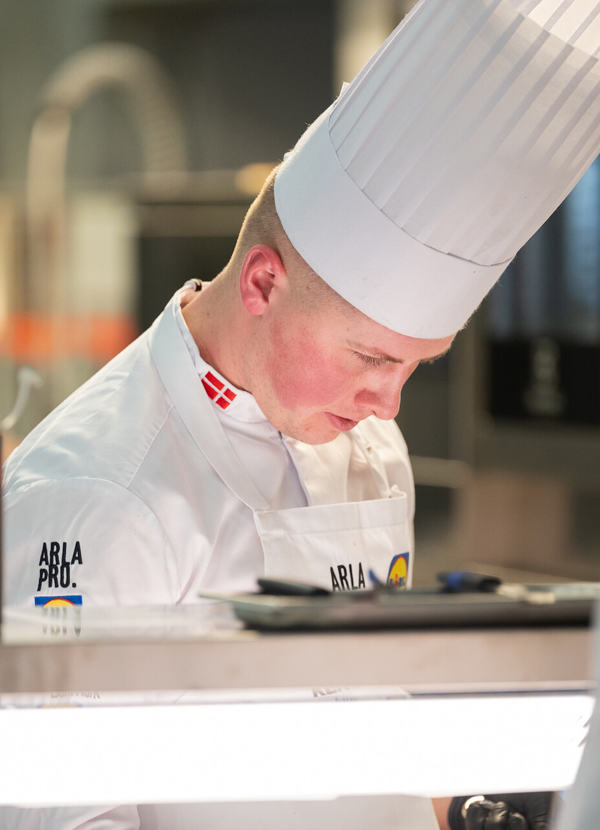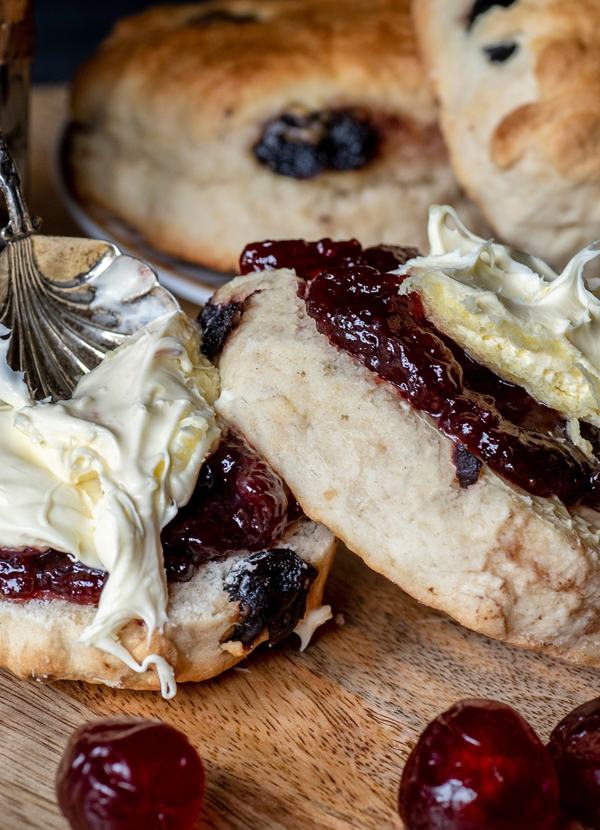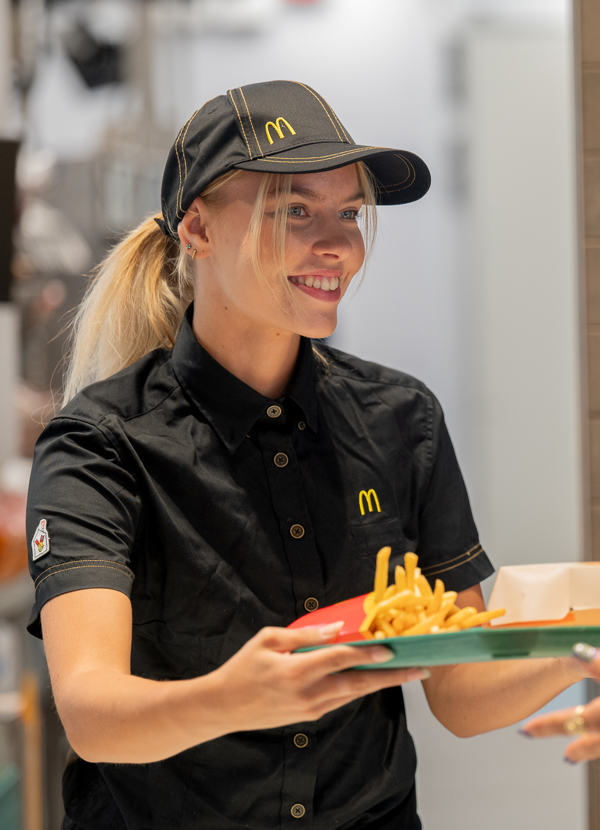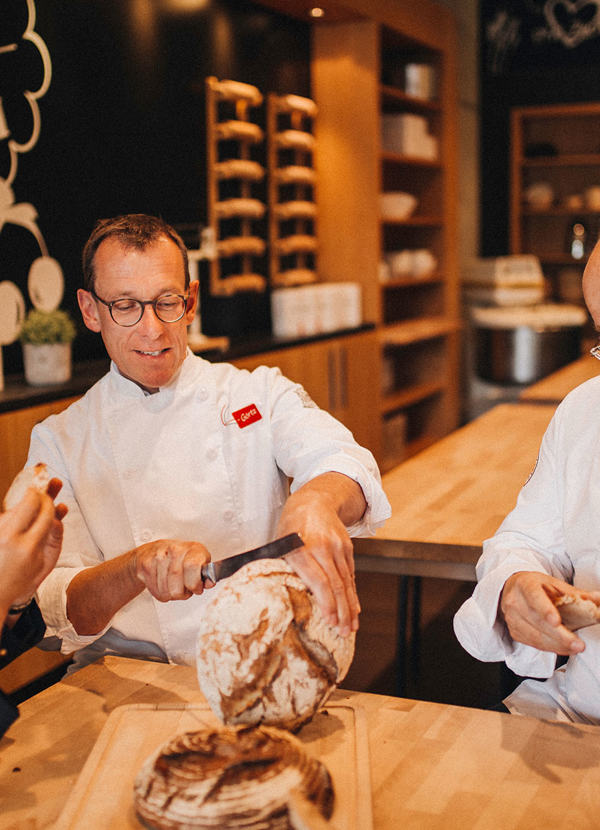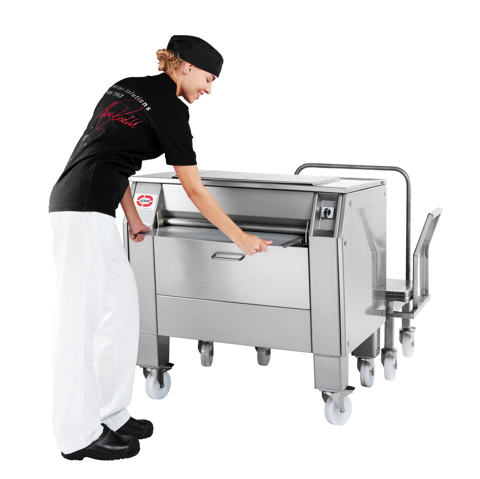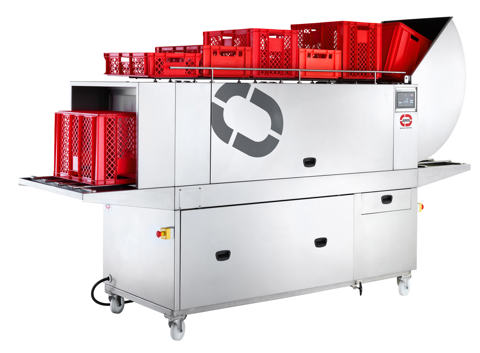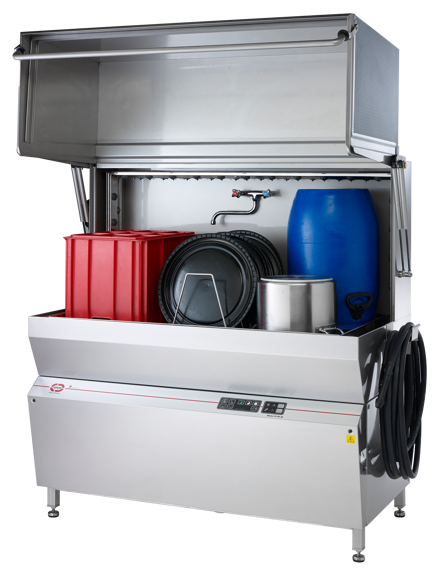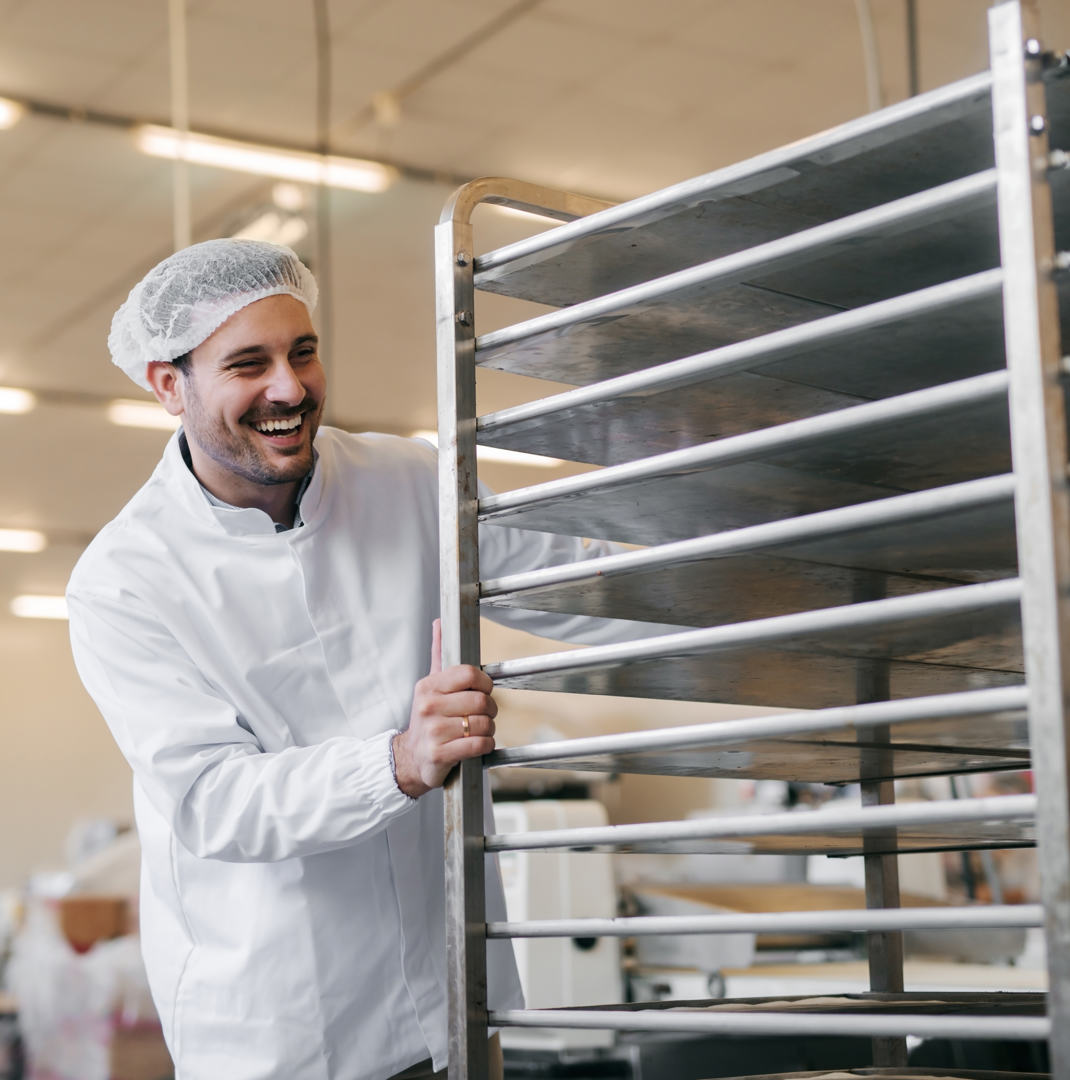Meet our local partner, Horni Baketeknikk: Trusted bakery expertise for the Norwegian market
When JEROS works with partners abroad, it's about more than distribution. It's about building long-term relationships with companies that know their local market, understand the people they serve, and bring technical insight into every solution. In Norway, that partner is Horni Baketeknikk.
Since 1978, Horni Baketeknikk has been supplying equipment and guidance to bakeries, confectioneries, and foodservice businesses nationwide – from small, local shops to large-scale producers.
Their story isn't one of marketing buzz, but of steady, long-term commitment to the bakery industry. And with more than four decades of experience and deep product insight, Horni Baketeknikk is what many would call a full-range supplier. Not just selling machines, but delivering complete solutions, technical support, and honest advice.
In this article, we take a closer look at our long-standing partnership with Horni Baketeknikk – how they operate, who their customers are, and what it means to represent JEROS in a market where quality, durability, and personal connection still matter. We hope you enjoy reading along ...


